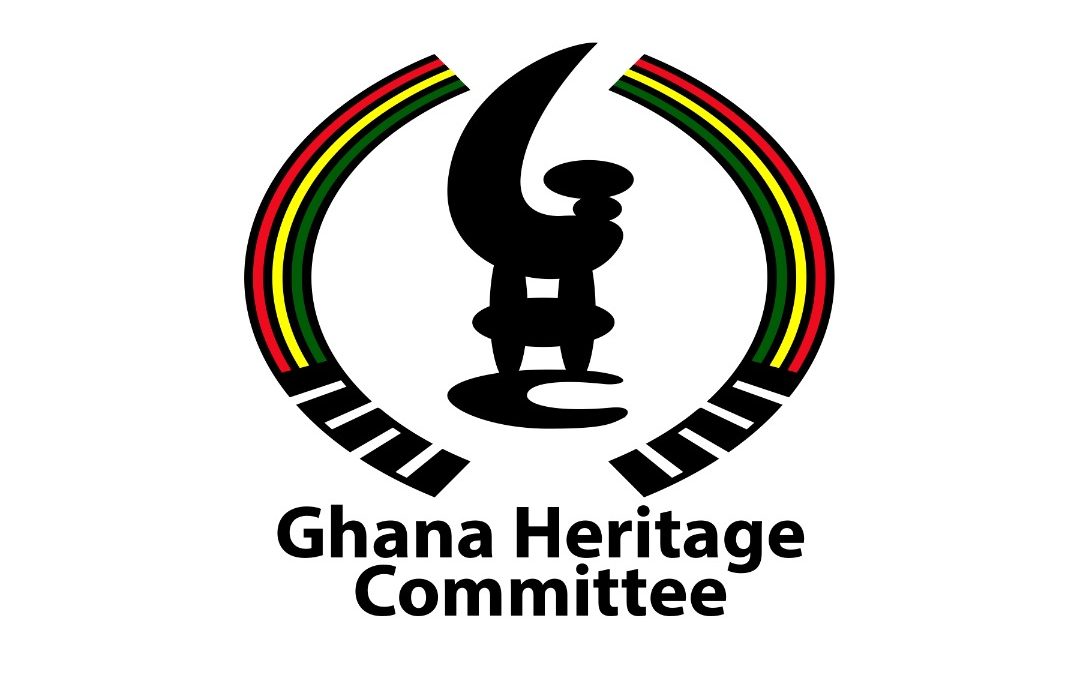- Login to ASPnet | Ghana Commission for UNESCO | Government Agency Responsible for the coordination of Ghana's contributions to and presence at UNESCO
GHANA HERITAGE COMMITTEE’S STATEMENT ON AFRICAN WORLD HERITAGE DAY 2022

Our Heritage Won for us
It has been established that Africa is underrepresented on the World Heritage List. African properties account for some 12% of all inscribed sites worldwide, a disproportionally high percentage (39%) of these properties are on the World Heritage List in Danger. Most heritage properties in Africa are faced with various threats, such as climate change, uncontrolled development, poaching, civil unrest, and instability, and are at risk of losing their Outstanding Universal Value (authenticity and integrity).
Ghana was among the first countries in Africa South of the Sahara to ratify the 1972 World Heritage Convention Concerning the Protection of the World’s Natural and Cultural Heritage. The early ratification of this Convention by Ghana in 1975 indicates inter alia, the country’s leadership and ebullient desire to protect, preserve and promote her heritage resources.
Currently, the country boasts of about thirty historic Forts and Castles, which have been inscribed on the UNESCO World Heritage List. These Forts and Castles were monuments central to the Transatlantic Trade in enslaved people and continue to represent the history of the African-European encounter over four centuries. Similarly, the Asante Traditional Buildings occupy a significant place in the World’s Atlas of Heritage Sites. In addition to these World Heritage Sites are other natural heritage properties of national and international significance, including the Mole National Park, the Kakum National Park, Shai Hills geo-sites and geo-parks, forest, and biosphere reserves.
However, these heritage resources are under threat by unguided development projects, which on many occasions do not undertake detailed Heritage and Cultural Impact Assessments (HIA & CIA), and environmental factors arising from climate change and other anthropogenic activities. This has in recent years led to growing calls on the Government of Ghana by Civil Society groups, Academic Institutions, Traditional Authorities, and International Organizations, such as the United Nations Educational, Scientific and Cultural Organization (UNESCO), International Union for Conservation of Nature (IUCN), International Council on Monuments and Sites (ICOMOS), International Centre for the Study of the Preservation and Restoration of Cultural Property (ICCROM) and Africa World Heritage Fund (AWHF) for Ghana to step up efforts at the preservation, management, and promotion of the country’s cultural and natural heritage resources. The aim has been to ensure the sustainable use and successful inter-generational transfer of the country’s valued heritage resources from the present to the future, as it serves to guarantee tourism development for job creation and economic growth.
To bring the country to speed in addressing the heritage management issues in the country, the Ghana Heritage Committee has developed a Multi-Stakeholder Heritage Strategic Framework to outline innovative ways to manage the country’s diverse heritage resources effectively and efficiently.
As we celebrate African World Heritage Day today, it is imperative for leaders in Africa, to renew their commitment to the preservation, development, and promotion of both World Heritage and other important heritage sites on the Continent. The Ghana Heritage Committee particularly calls on the government of Ghana to provide it with the necessary support towards the implementation of the Multi-Stakeholder Heritage Strategic Framework to enhance efforts to conserve and safeguard Ghana’s heritage resources
